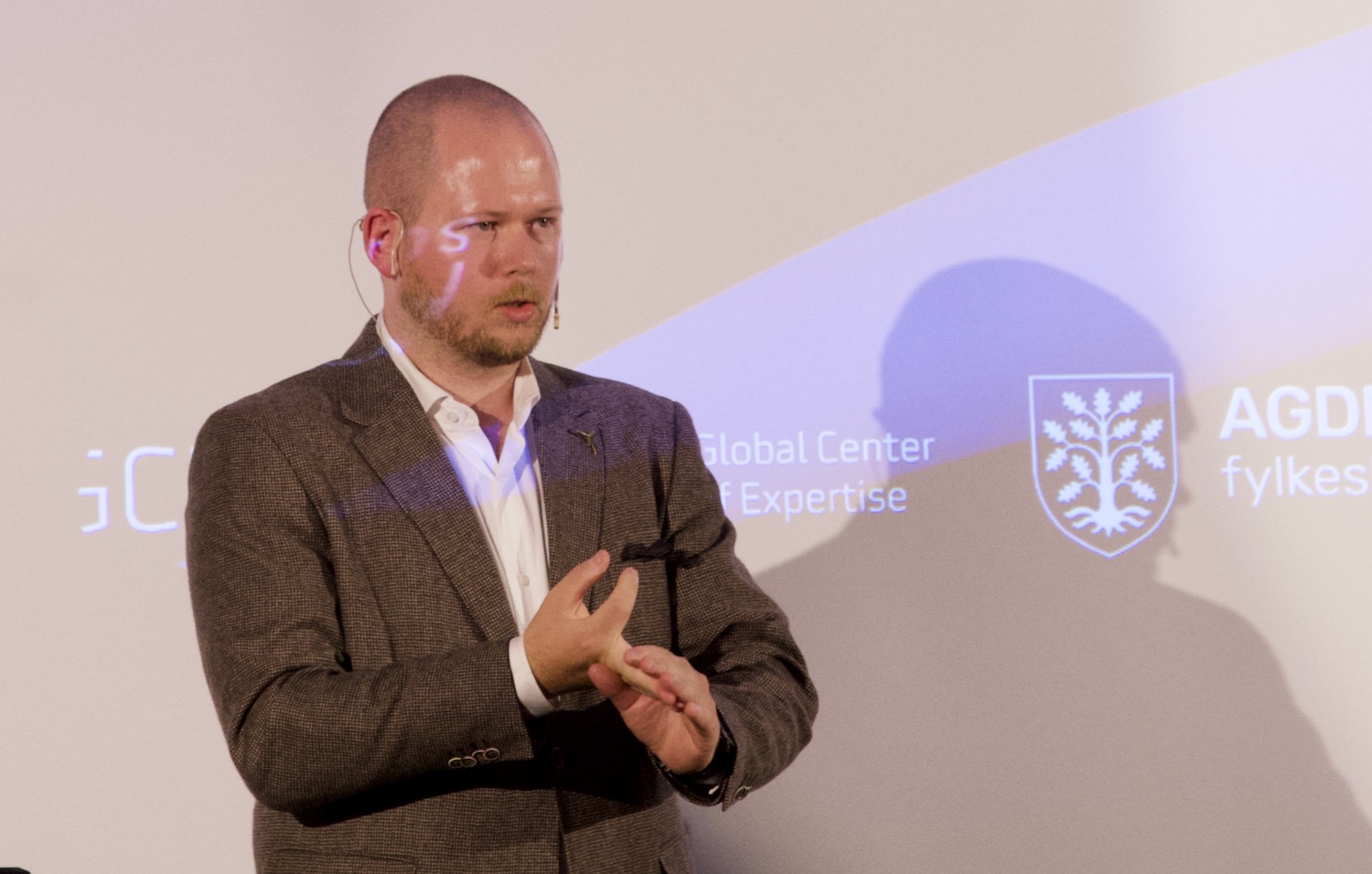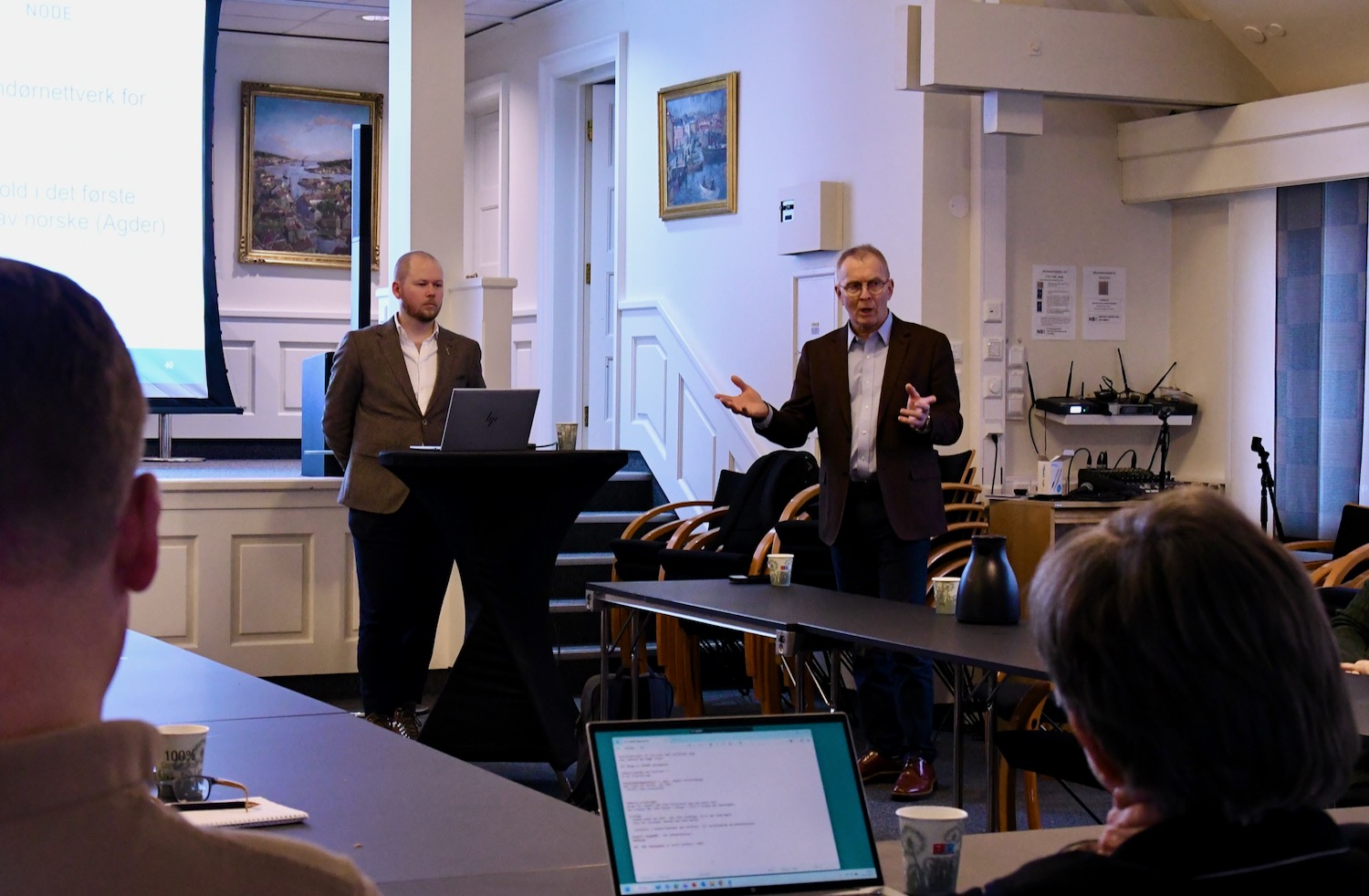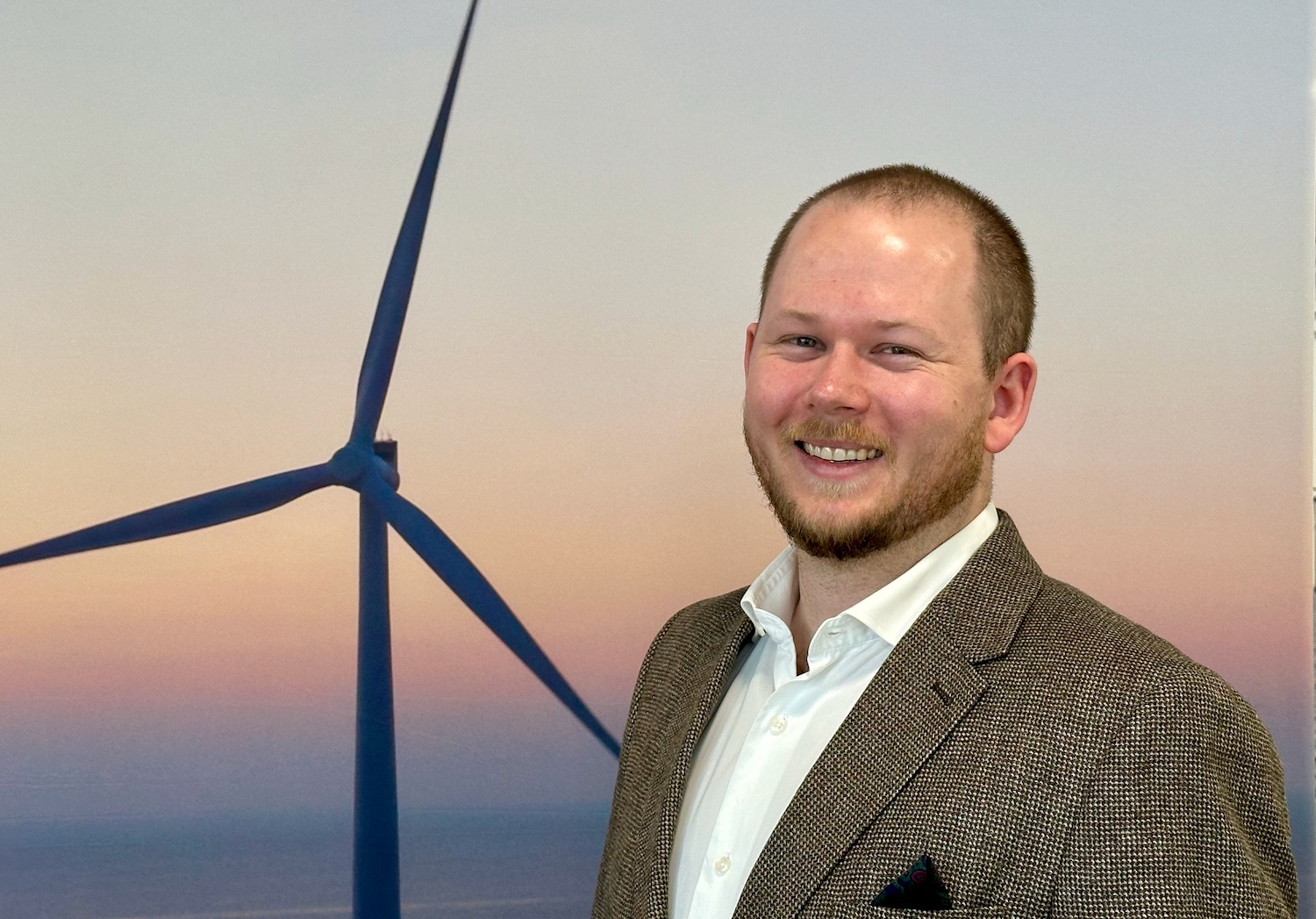“We are proud to play a part in the development of a more sustainable global seafood sector based on Norwegian competence and capital,” says CSUB CEO Anders Holm.
Located at the foot of Mt. Fuji, the facility will produce 5,300 tons of salmon for the Japanese market. Proximity to the market secures outstanding quality and also more sustainable production and distribution, as air transport of salmon is eliminated.
“The NOK 50 million contract awarded by Proximar Seafood for the first stage of development, is a milestone in our strategic roadmap for becoming a leading international supplier of onshore closed salmon breeding solutions. This market is accelerating based on improved water cleaning technology and increased requirements for fish welfare, health and sustainability,” says Holm.
CSUB’s closed breeding facility is based on cleaning and re-cycling of water (RAS-technology). The system comprises tanks ranging from 3 to 18 meters in diameter and infrastructure for transport of fish. Production includes engineering at CSUB’s headquarters in Arendal and manufacturing at the company’s facility in Lithuania. The first deliveries are scheduled for the first quarter 2022.
Vice President, Fredrik Faye, who has spearheaded the work leading up to the contract, says that the contract is a break-through for the company’s solutions in Asia, a market that will become increasingly important in the years to come.
“Our glass fiber technology is perfectly suited for the aquaculture market because of the combination of strength, surface finish, low carbon footprint and competitive price,” says Faye.
According to CEO Holm, CSUB is experiencing significant growth in oil & gas, marine renewable energy, and in particular within aquaculture.
“Over the past years, we have established a competent composite engineering department and pursued product development for closed fish tanks, oil & gas and marine renewables. Due to increased demand, we are expanding our capacities and competence within R&D engineering, manufacturing and installation,” says Holm.



